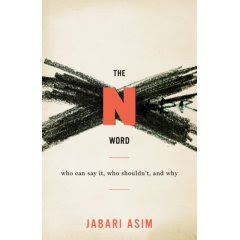
from the Chicago Tribune
Forum tackles hip-hop debate
Depiction of women discussed at U. of C.
By Lolly Bowean, Tribune staff reporter
On the heels of the controversy over radio host Don Imus' racial comments, hip-hop and its depiction of women was a hot topic Saturday at the University of Chicago.
No subject and no person was off limits, even hip-hop mogul Russell Simmons.
The community forum, called "Does Hip-Hop Hate Women?," was planned months before Imus made disparaging comments about the Rutgers University women's basketball team, but the incident spurred a spirited discussion from the 500 or so at the forum. The event included a panel of scholars and authors who lecture, write and offer critical views on hip-hop.
Simmons was singled out by one of those panelists.
Award-winning author and feminist commentator Joan Morgan said that when Simmons recently met with a group of music industry executives about the sexist and demeaning portrayal of black women in hip-hop music, the only solution they came up with was to censor three sexist and racist words. But, Morgan noted, beeping out those words on radio and television broadcasts is being done already.
She said that shows that those with power in the music industry don't take the opinions of young, black women seriously.
Even without the hurtful words, some songs and music videos are just as hurtful, misogynist and damaging, said Tracy Sharpley-Whiting, director of the black studies program at Vanderbilt University, who also spoke at the forum.
"They want to deal with words, but not deal with their behavior ... their way of being," Sharpley-Whiting said. It's much easier to tackle language than to attack the sexist attitudes that are revealed in the music, she said.
See Video Here...
Read More Here...




